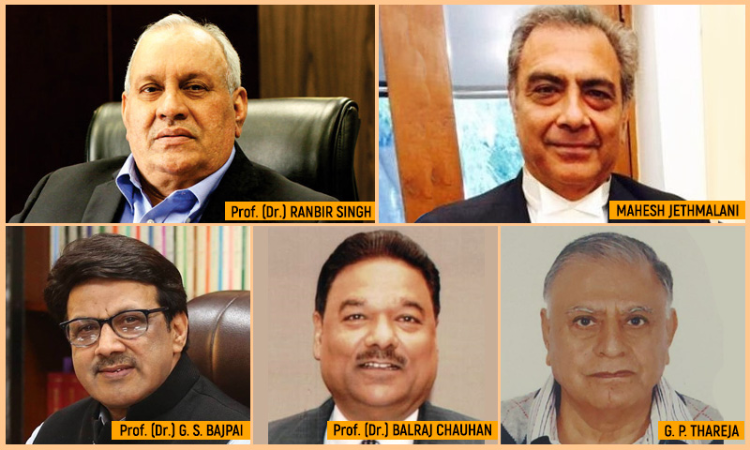Over 100 Academics Seek Immediate Suspension of Criminal Law Reforms Committee
LIVELAW NEWS NETWORK
21 Aug 2020 5:55 PM IST

Next Story
21 Aug 2020 5:55 PM IST
Over a hundred academics from across the world have urged the Committee for Reforms in Criminal Laws to "immediately suspend" their working. In an open letter addressed to the Committee, the academics have pointed out a lot of shortcomings in the composition and the procedure adopted by the Committee to recommend criminal reforms in India. Flawed procedure The academics...
